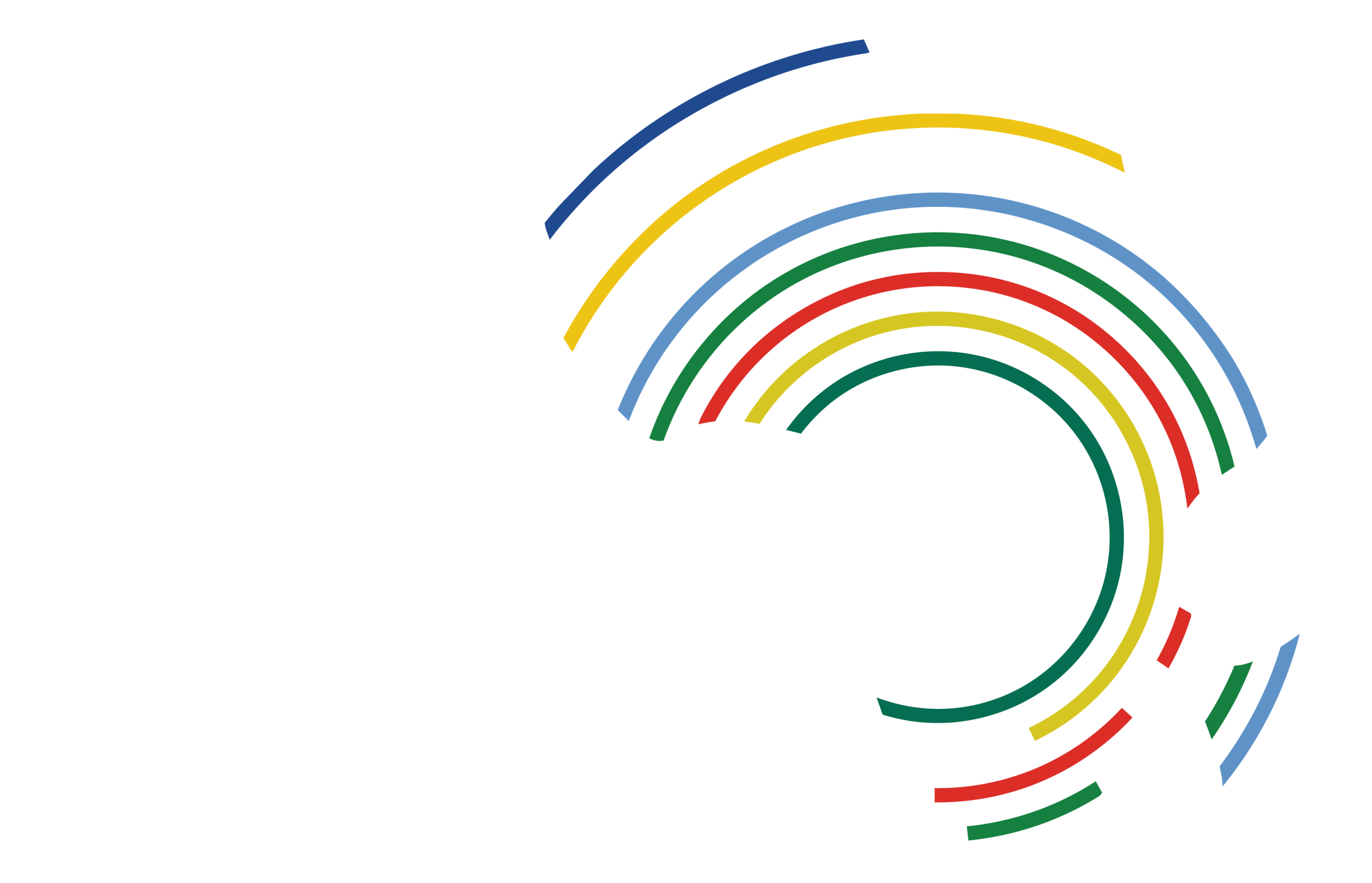Unlocking Africa’s potential calls for sustainable and innovative approaches in farming, mining, and manufacturing. Investment in Special Economic Zones (key sectors) along production and river basins must be protected from unfair competition.
This requires aligning governance and leveraging both the AfCFTA framework and the Regional Economic Communities, while considering national agendas.
Trading is the conduit through which Africa can generate wealth from the world. Given that many countries on the continent are small markets, it is essential to defragment these nations and capitalise on our market of 1.4 billion people. Attracting foreign investment, enhancing the profitability of domestic investment, and increasing product competitiveness necessitate integrating the continent into global markets. This can be facilitated by fair trade agreements and infrastructural developments.
Leveraging trade partnerships within Africa will showcase its diverse produce and commodities, fostering mutually beneficial relationships that drive economic growth and create employment opportunities. Empowering SMEs and fostering gender balanced entrepreneurship are integral to this journey. SMEs form Africa’s economic backbone: providing them access to capital, technology, and markets can ignite a vibrant entrepreneurial ecosystem.
The road ahead presents challenges, such as infrastructure deficits, bureaucratic hurdles, and unadopted access to finance. However, strategic partnerships between governments, private sector entities, international organisations, and civil society can mitigate these challenges.
While good leadership exists on the continent, the next step is to achieve good governance across the board to ensure sustainable development. Political leaders must unite to create consistent policies and regulations that promote competitiveness, regional and continental integration, and protect investments.
Streamlined import-export processes, ease of cross-country investments, and free movement of people and goods are among the key policies needed to propel Africa towards a prosperous future.
While good leadership exists on the continent, the next step is to achieve good governance across the board to ensure sustainable development.
The promise of Africa’s prosperity is not just a dream; it’s a realistic vision waiting to be realised.
APN is committed to advancing Africa’s vision of Prosperity and “The Africa We Want” as outlined in the African Union’s Agenda 2063. In line with this, the Africa Prosperity Network (APN), in collaboration with the Presidency of the Republic of Ghana and the African Continental Free Trade Area (AfCFTA), is organising its second edition of the Africa Prosperity Dialogue 2024, themed “Delivering Prosperity in Africa: Produce. Add Value. Trade.”
APD 2024 aims to unite private and public sectors in executing strategic initiatives, critically accelerating intra-Africa trade for robust economic integration and shared prosperity. This pivotal event serves as an essential platform, fostering collaboration
between Africa’s private sector and public officials to fast-track the tangible realisation of the continent’s single market potential.
The time is now for a paradigm shift; to walk the talk so we can witness the desired theory of change. Africa possesses the ingredients for prosperity. By fully harnessing its abundant resources, adding value before export, boosting intra-African trade, and fostering regional and continental integration, the continent can chart a course towards sustained economic growth, job creation, and improved livelihoods for its people.
